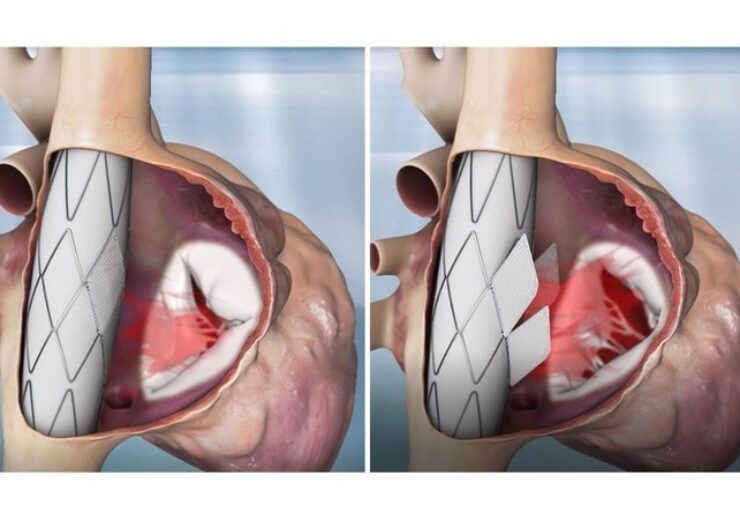The company stated that Trillium implantation take less than 15 minutes to complete

The Trillium implant. In systole (left) and diastole (right). (PRNewsfoto/Innoventric)
Israeli medical device startup Innoventric has raised $14m funding for its Trillium technology to treat tricuspid valve regurgitation.
The Series A financing, which is led by a US-based investor, includes a €2.5m grant from Horizon Europe, which is 6-year programme launched by the European Union this year to support groundbreaking technologies.
A new European investor and all previous round participants also took part in the funding round of the company, which was founded in 2017.
Innoventric claims to have completed more than 10 implantations of the Trillium technology as part of its European first in human clinical trial.
The company stated that Trillium implantation take less than 15 minutes to complete.
Amir Danino, Founder and CEO, said: “In the last decade structural heart interventions have become extremely complex and risky. This is manifested, among else, by the duration of these procedures and by their sub-optimal technical success rates.
“The Trillium technology is extremely simple and effective, implantation takes less than 15 minutes to perform, and the technical success rate we see in our study is 100%. No aborted procedures, no migrations, no device fractures.”
According to the company, Trillium offers a unique approach for functional tricuspid valve replacement, by eliminating the native tricuspid valve as a fixation site.
The approach allows the tubular and symmetric caval veins to serve as the fixation sites, enabling the functioning of Trillium alongside the failing native valve rather than replacing it.
Ness-Ziona’s startup company raised its seed funding from two major Israeli MedTech venture capitals four years ago. The investment helped the company to advance its novel technology from concept to clinical studies.
Innoventric co-founder and business development head Rafi Benary said: “We are confident that the Trillium, as well as our emerging developments will provide Cardiologists with the right tools for treating their patients. Tricuspid disease is a large and growing area and we are confident in our ability to make an impact.”
